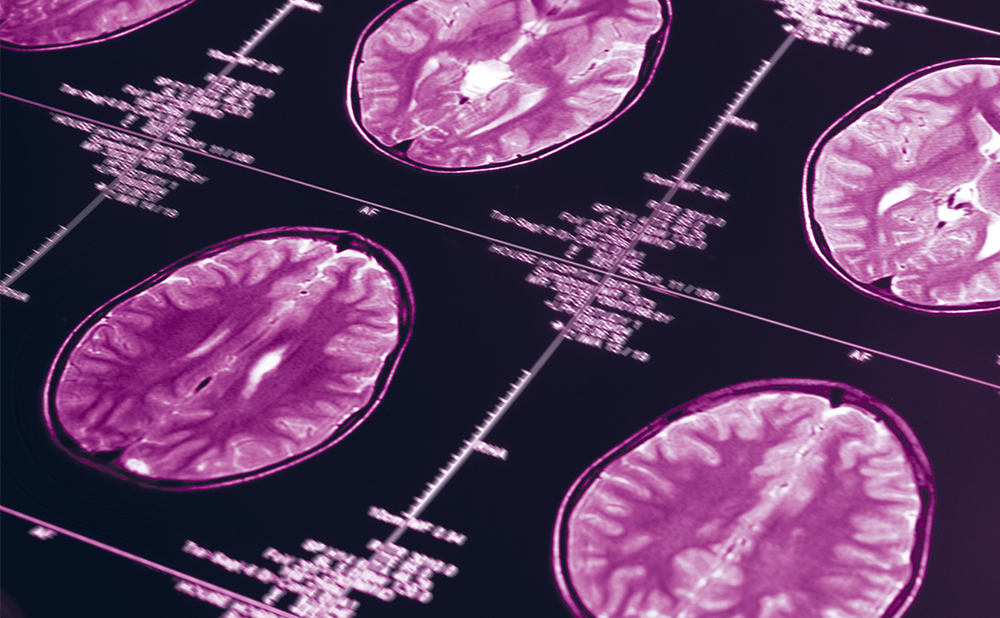In the field of clinical psychopharmacology, substantial progress has been made in the drug treatment of schizophrenia with the advance of novel/atypical antipsychotics.
Neuroleptic medication is the most important part of the treatment regimen for schizophrenic patients. The efficacy of neuroleptics in the acute and long-term treatment of schizophrenia is well proven and the effect size is comparatively high.
In the field of clinical psychopharmacology, substantial progress has been made in the drug treatment of schizophrenia with the advance of novel/atypical antipsychotics.
Neuroleptic medication is the most important part of the treatment regimen for schizophrenic patients. The efficacy of neuroleptics in the acute and long-term treatment of schizophrenia is well proven and the effect size is comparatively high.
After more than 40 years of clinical practice with the traditional neuroleptics, several more or less generally accepted rules for the management of drug treatment in schizophrenia have been established. For example, in the last 10 to 20 years, a tendency has developed to administer a lower daily dose during acute treatment and to adopt alternative strategies during long-term treatment.
Novel Antipsychotics
The novel/atypical antipsychotics have several benefits compared with the traditional neuroleptics; they will also change several aspects of the current treatment standards – a change which is already ongoing. Patient acceptance of these drugs will be much higher, which will lead to increased compliance. These new antipsychotics will also be associated with a better quality of life and will possibly have a very important impact on the long-term outcome of schizophrenic patients.
It should be considered that the novel/atypical neuroleptics do not constitute a homogeneous group, but are a group of individual drugs, each with their own advantages and disadvantages. As was the situation with the traditional neuroleptics, the physician also has to choose the most adequate drug given the risk/benefit profile of each drug in relation to the disposition of the individual patient.
Clinical Antipsychotic Trials in Intervention Effectiveness Study
Although, as in all research fields, the study results are not always consistent, the general picture favourises the novel antipsychotics. This standpoint is also supported by the recently published, huge US study Clinical Antipsychotic Trials in Intervention Effectiveness (CATIE), which compared the effectiveness of different atypical antipsychotics with the traditional antipsychotic perphenazine.
The results of the study showed that in terms of effectiveness, measured as the discontinuation rate, most of the second-generation antipsychotics were not superior to the first-generation antipsychotics. However, the results are invalid due to severe methodological pitfalls of the study design.
Conclusion
Based on the advantages of the novel antipsychotics – which have been demonstrated not only in randomised controlled trials, but also in clinical practice – most international guidelines suggest second-generation antipsychotics as first-line treatment for schizophrenia. ■













